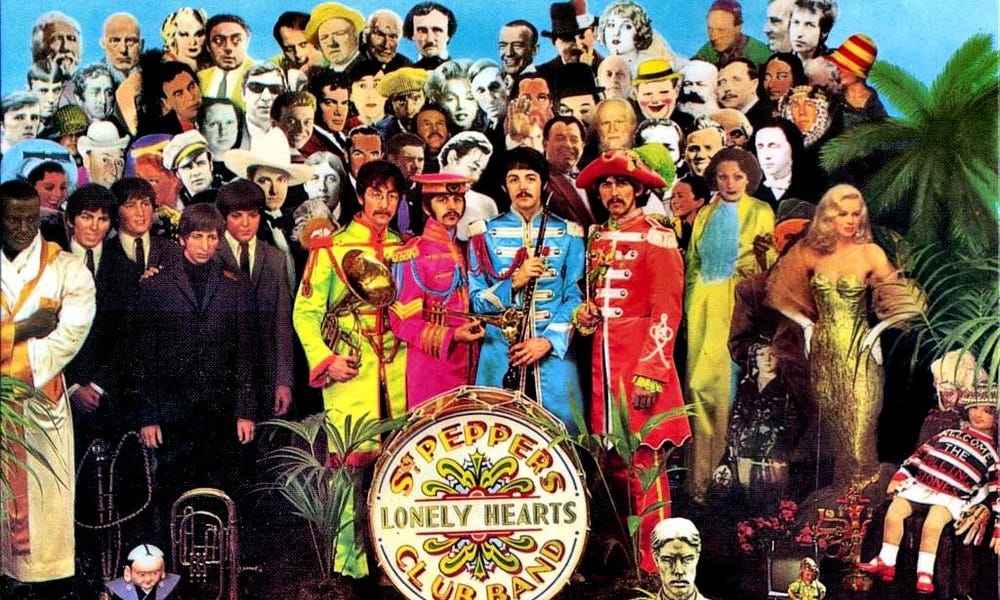aron
@aronshelton
aron
@aronshelton
TLDR is internet-speak for “Too long, didn’t read.” It’s one of the consequences of too much to choose from, combined with a lazy quest for convenience. It’s a checklist mindset. And all we get after we finish a checklist is a bunch of checked boxes, not real understanding.
We’re heading towards an era of greater decentralization on all fronts – geopolitics, finance, education, journalism, and energy are just a few examples – driven by technologies including, but not limited to, the internet. This newly decentralized era will require new infrastructure and organizing principles that can adapt to the chaos and
... See morea Note is something to consider, a Post is something to inhabit. - visakan veerasamy

The designers of complex adaptive systems are not strictly designing systems themselves. They are hinting those systems towards anticipated outcomes, from an array of existing interrelated systems. These are designers that do not understand themselves to be in the center of the system. Rather, they understand themselves to be participants, shaping
... See more